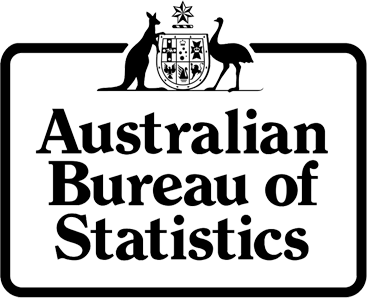
According to results of a recent study published in the Journal of Economics, when a new state casino begins to spin its wheel of fortune, most often the pointer will land on “increased public corruption.”
Two economists who studied federal corruption rates for the period from 1985 to 2000 have concluded that, as the number of legalized state casinos increased during that period, so did the number of criminal convictions based on charges of corruption.
According to their analysis, the apparent corrupting influence of casinos in those states had been at work for up to two years before the casinos were legalized. The two researchers claim that, in addition to the positive correlation between the casinos and corruption, the casino industry is actually attracted to certain states where a “culture of corruption” is already in place.
According to their proposed theory, the casinos are able to use “regulatory capture” to their advantage. Regulatory capture occurs when a governmental agency, created for the good of the public, instead works in favor of the groups that it was charged with regulating. The study apparently cites numerous examples of state regulations, originally created for the purpose of limiting casino revenue, that were “relaxed” by states after the casinos opened.
To detect patterns of corruption, the study used an advanced statistical technique named Granger Casualty Analysis to examine data from the country. Department of Justice for all states. Results showed that 4 of the 5 states with the highest annual corruption rates were states with casinos. Of the 5 states with the lowest corruption rates, none had legalized casino gambling.
The concept of casino-influenced-corruption is not new. It is believed to have increased in recent years. A quick check of history indicates that the same form of corruption was a source of public debate in 1997. The American Senator of Illinois, Paul Simon, testified before a national committee investigating gambling and stated: … gambling “has more of a history of corruption than any other industry.”
